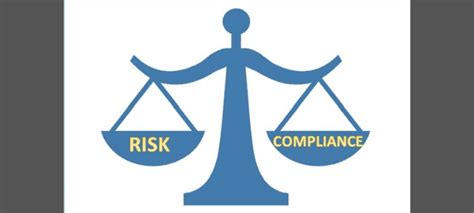Risks of Non-Compliance with Cryptocurrency Withdrawals
The rapid growth and adoption of cryptocurrencies has created a new space for financial transactions. With the rise of decentralized exchanges (DEXs), peer-to-peer trading, and blockchain-based systems, the ability to withdraw funds from cryptocurrencies has become increasingly convenient. However, this convenience comes with risks that can be detrimental to both individuals and institutions.
Non-compliance with regulatory requirements is one such risk that poses a significant threat to the stability of the cryptocurrency market. Regulators around the world are cracking down on unlicensed exchanges that violate anti-money laundering (AML) and know-your-customer (KYC) guidelines. Non-compliant exchanges can face severe penalties, including fines, imprisonment, or even forced closure.
What is AML and KYC?
Anti-money laundering (AML) refers to preventing the misuse of the financial system for illegal activities, such as money laundering. On the other hand, Know-Your-Customer (KYC) requires firms to verify the identity of their customers before allowing them access to their funds or transactions.
Risks of Non-Compliance
Non-compliance with AML and KYC regulations poses several risks to individuals and institutions:
Examples of Non-Compliance
A few notable examples illustrate the risks of non-compliance in crypto:

: Huobi, a South Korean cryptocurrency exchange, suspended its operations in 2020 after failing to comply with KYC guidelines.
Mitigate Non-Compliance Risks
To mitigate these risks, individuals and institutions must:
: Diversify investments to minimize exposure to a single cryptocurrency or exchange.
Conclusion
The risks of non-compliance in cryptocurrencies are real and far-reaching. As the market continues to evolve, it is essential that individuals and institutions remain vigilant and take proactive steps to mitigate these risks. By conducting thorough research, implementing effective KYC and AML controls, staying informed of regulatory changes, and diversifying investments, we can reduce the likelihood of non-compliance and ensure a safe and stable cryptocurrency market.
